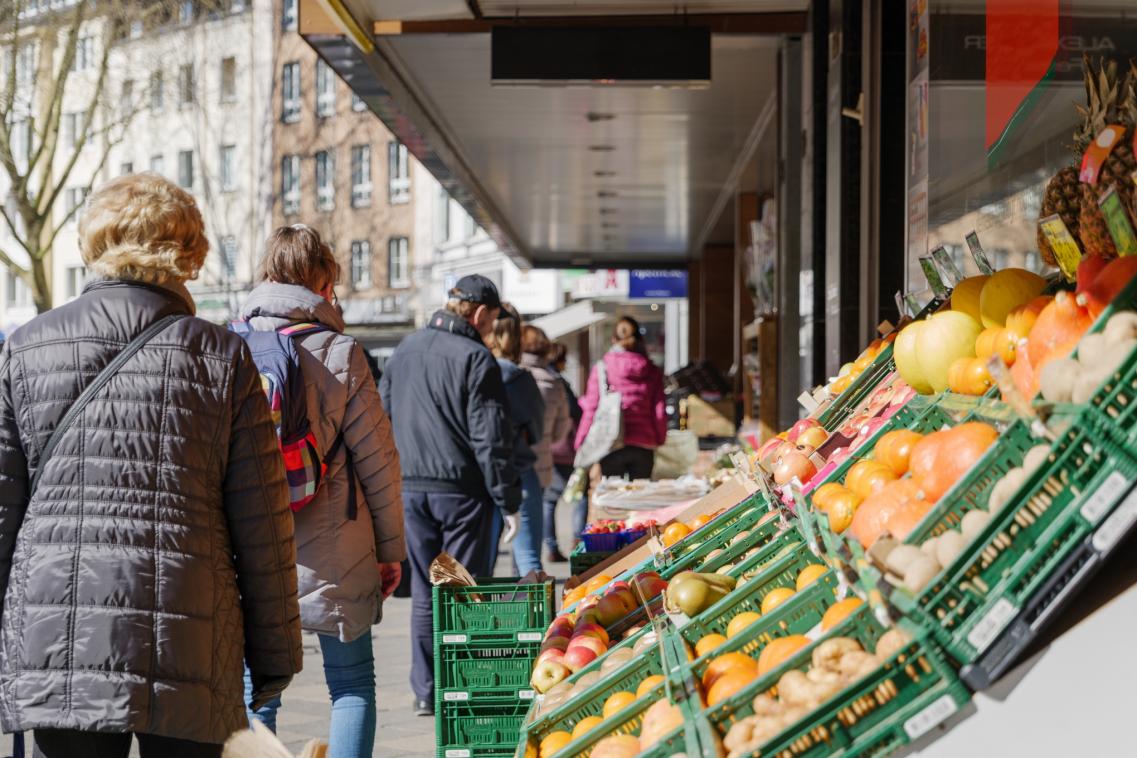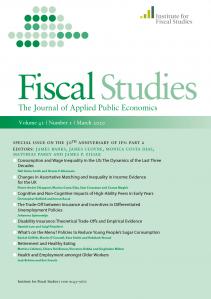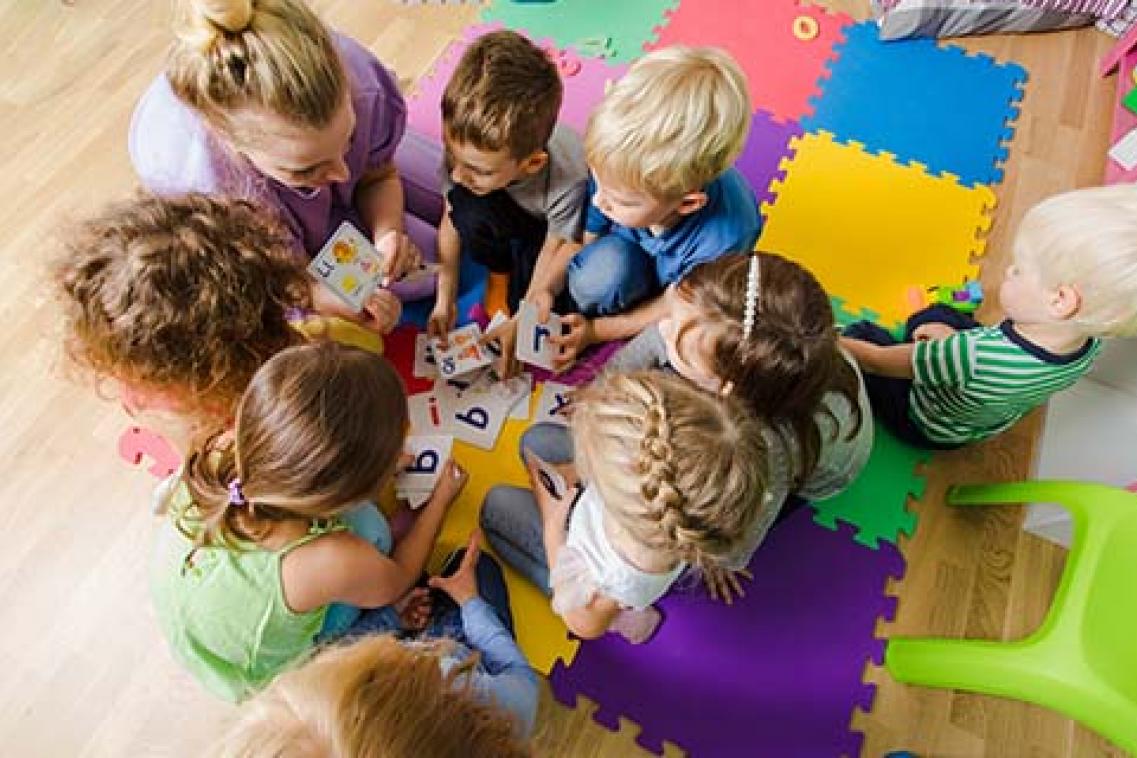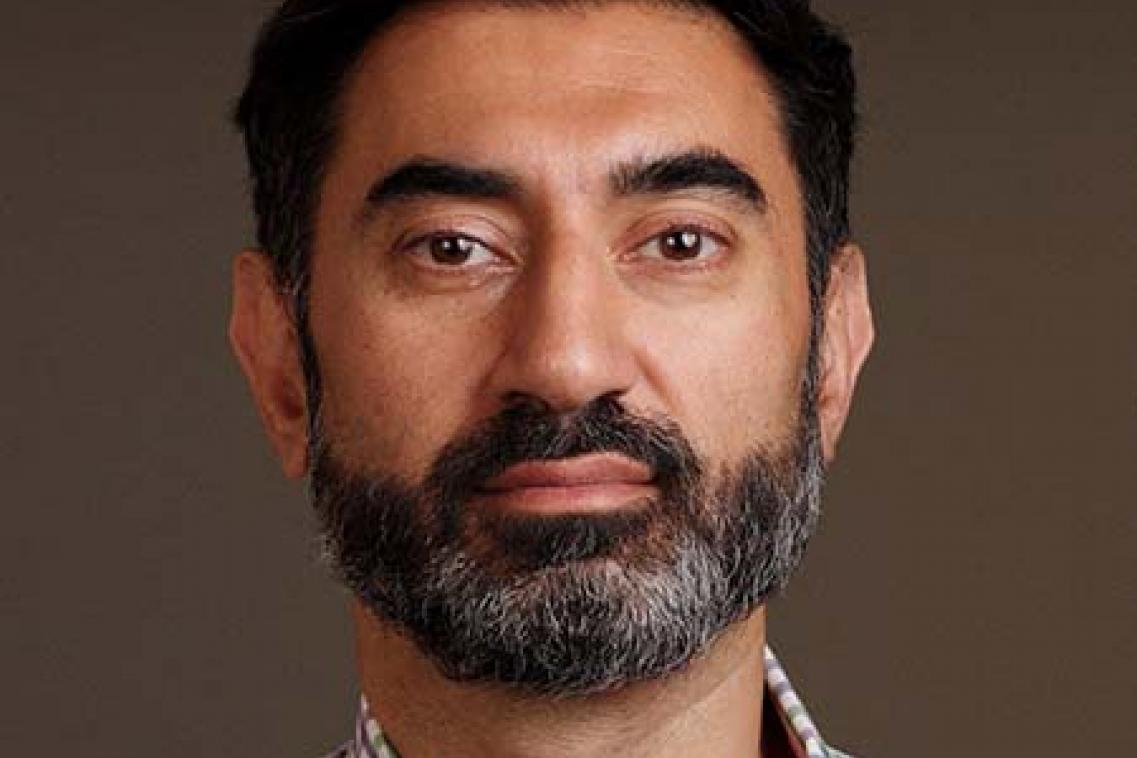Report
In this report, we use a novel source of real-time data on households’ finances from Money Dashboard, a budgeting app, to explore the impacts of the crisis so far on earnings, incomes and financial distress, and how they are evolving. We complement this with household survey data to explain and verify the key trends.







































